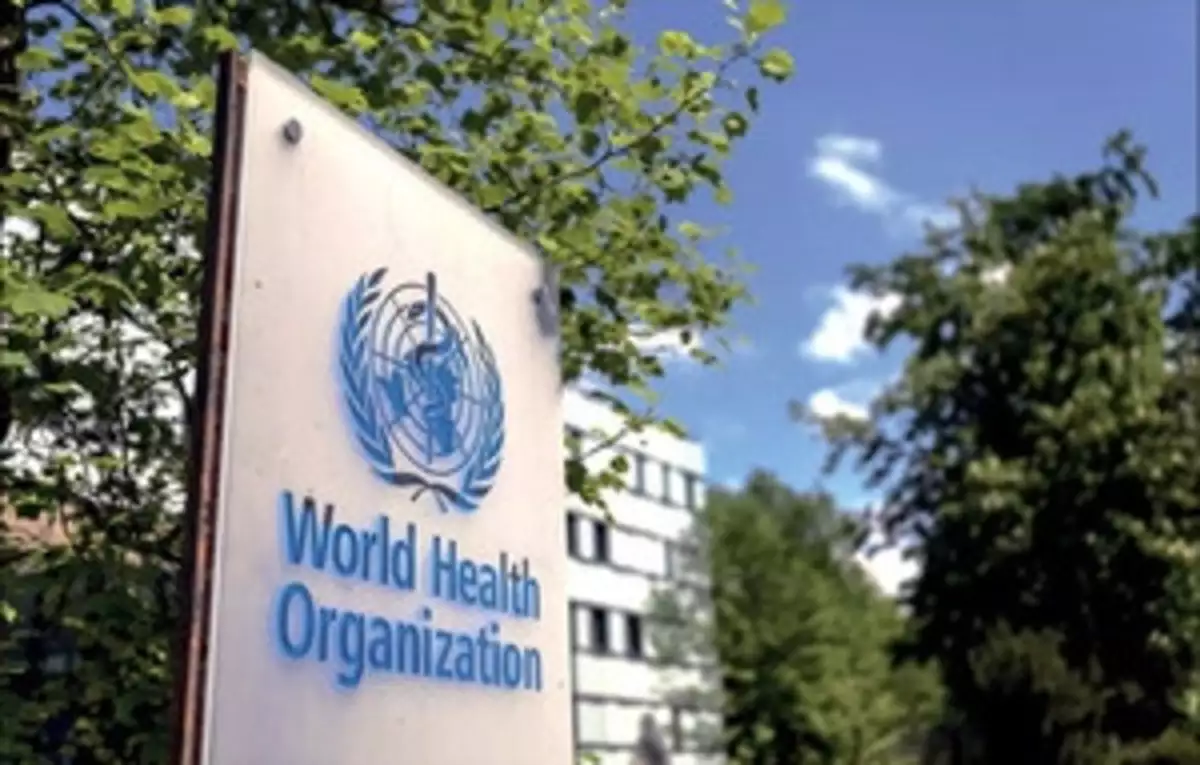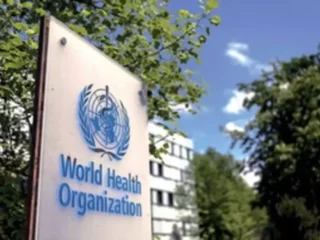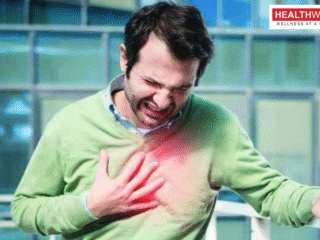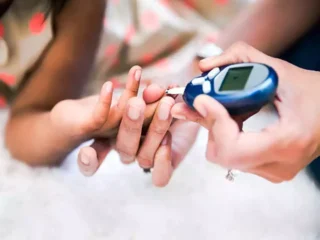Colombo | 13 October 2025: The Seventy-eighth session of WHO South-East Asia began today with health leaders committing to a healthier, equitable and resilient Region, amidst ongoing multifaceted challenges.
The three-day governing body meeting of WHO in the Region. Hosted by Sri Lanka this year, inaugurated by the Speaker of the Parliament Dr Jagath Wickramaratne.
The WHO Director-General, Dr Tedros Adhanom Ghebreyesus, and the Minister of Health and Mass Media, Sri Lanka, Dr Nalinda Jayatissa. Among key speakers at the inaugural of WHO’s regional governing body meeting being attended by Ministers of Health and senior health officials of Member States and partners, among others.
For a more resilient, better prepared and protected world, WHO has rebuilt the foundations of global health security through the revised International Health Regulations and the historic Pandemic Agreement, said Dr Catharina Boehme, Officer-in-Charge, WHO South-East Asia Region, in her address at the opening session.
“In a world of complex crises, shifting global health dynamics, and tightening fiscal space. WHO is aiming at being more focused, effective and accountable to the people we serve. While accelerating progress against global goals. Together, we have restructured our organization, making WHO leaner, more agile and responsive to country needs,” Dr Catharina Boehme said.
“We will harness innovation, strengthen leadership, and deliver measurable outcomes. Guided by one principle: health for all, by all,” the Officer-in Charge said.
At the Regional Committee, a ministerial round table scheduled on healthy ageing. A challenge that countries will face in coming decades. By 2050 one in five people in the Region will be over 60 years of age. “This is both a triumph of development, of medicine, of health. And a challenge that demands we transform how we deliver care. Primary health care must be the cornerstone — capable of serving the complex. Long-term needs of ageing populations with compassion and consistency,” she said.
Noncommunicable diseases and chronic conditions now define the health needs of our time. Tobacco use is the single most important cause of preventable death and diseases in the Region. The Region has over 280 million adult smokeless tobacco users and approximately 11 million adolescent tobacco users. Member States expected to deliberate on combating the use of smokeless tobacco, electronic cigarettes, nicotine pouches and areca nut.
The Regional Committee expected to deliberate on expanding the corpus of the South-East Asia Regional Health Emergency Fund (SEARHEF). The Region’s own emergency funding mechanism has supported 49 emergencies in 10 Members States since its inception in 2008. Its mandate has expanded to also support preparedness for emergency response.
Accelerating action against antimicrobial resistance by aligning regional policy actions with global commitments, would be another focus area at the Regional Committee.
“Our systems must be ready — not just to treat illness, but to accompany people through life. With prevention, with continuity, and with care that starts in the community,” Dr Boehme said. Thanking countries for their commitment to promoting. Providing and protecting the health of the people of their countries, and the Region as a whole.







